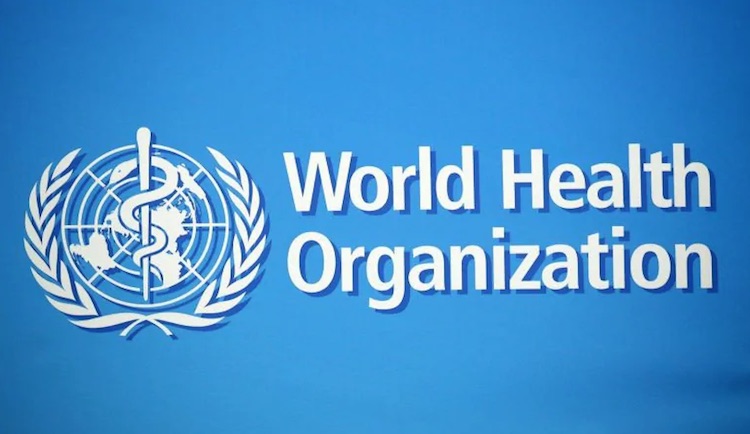WHO Guidelines To Help Countries Maintain Essential Health Services During COVID-19 Pandemic

The COVID-19 pandemic is straining health systems worldwide. The rapidly increasing demand on health facilities and health care workers threatens to leave some health systems overstretched and unable to operate effectively, the World Health Organisation said.
Previous outbreaks have demonstrated that when health systems are overwhelmed, mortality from vaccine-preventable and other treatable conditions can also increase dramatically. During the 2014-2015 Ebola outbreak, the increased number of deaths caused by measles, malaria, HIV/AIDS, and tuberculosis attributable to health system failures exceeded deaths from Ebola, the body said.
“The best defense against any outbreak is a strong health system,” stressed WHO Director-General Tedros Adhanom Ghebreyesus. “COVID-19 is revealing how fragile many of the world’s health systems and services are, forcing countries to make difficult choices on how to best meet the needs of their people.” To help countries navigate through these challenges, the WHO has updated operational planning guidelines in balancing the demands of responding directly to COVID-19 while maintaining essential health service delivery, and mitigating the risk of system collapse. This includes a set of targeted immediate actions that countries should consider at national, regional, and local level to reorganize and maintain access to high-quality essential health services for all. Countries should identify essential services that will be prioritized in their efforts to maintain continuity of service delivery and make strategic shifts to ensure that increasingly limited resources provide maximum benefit for the population. They also need to comply with the highest standard in precautions, especially in hygiene practices, and the provision of adequate supplies including personal protective equipment This requires robust planning and coordinated actions between governments and health facilities and their managers.
“The best defense against any outbreak is a strong health system,” stressed WHO Director-General Tedros Adhanom Ghebreyesus. “COVID-19 is revealing how fragile many of the world’s health systems and services are, forcing countries to make difficult choices on how to best meet the needs of their people.” To help countries navigate through these challenges, the WHO has updated operational planning guidelines in balancing the demands of responding directly to COVID-19 while maintaining essential health service delivery, and mitigating the risk of system collapse. This includes a set of targeted immediate actions that countries should consider at national, regional, and local level to reorganize and maintain access to high-quality essential health services for all. Countries should identify essential services that will be prioritized in their efforts to maintain continuity of service delivery and make strategic shifts to ensure that increasingly limited resources provide maximum benefit for the population. They also need to comply with the highest standard in precautions, especially in hygiene practices, and the provision of adequate supplies including personal protective equipment This requires robust planning and coordinated actions between governments and health facilities and their managers.

Latest Videos
















